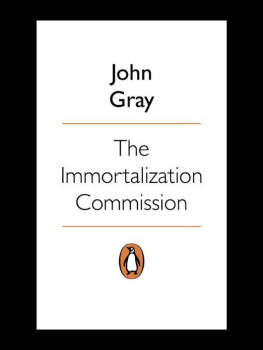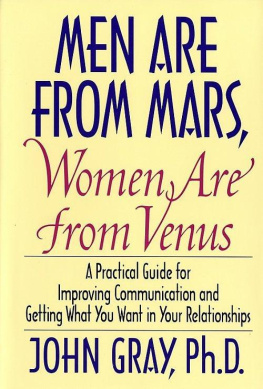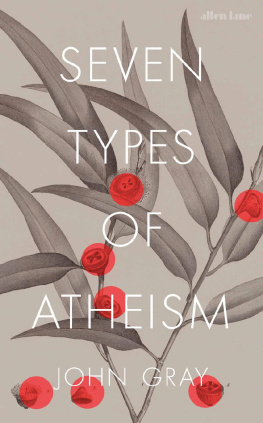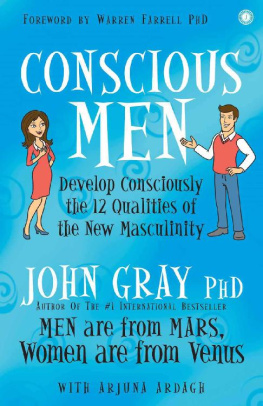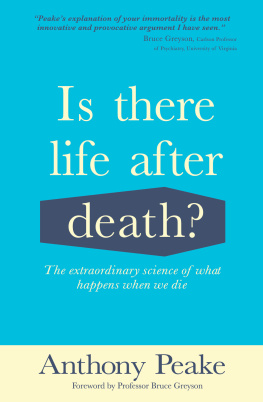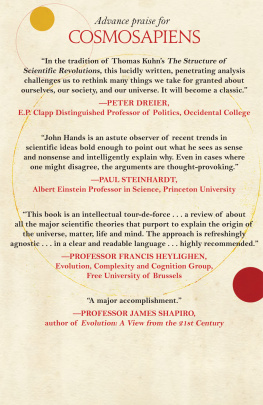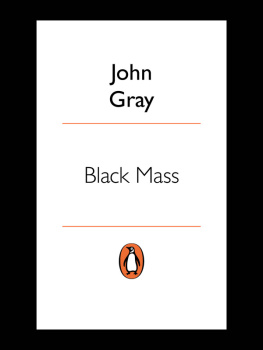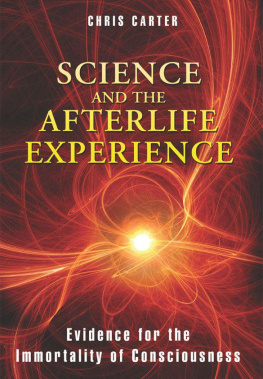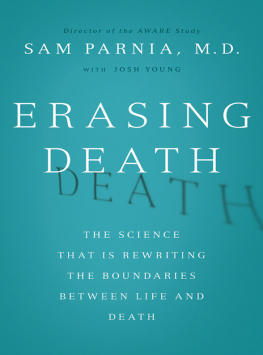Each bullet hole is a portal to the immortal.
Love can do all but raise the Dead.
Foreword: Two Attempts to Cheat Death
During the late nineteenth century and early twentieth century science became the vehicle for an assault on death. The power of knowledge was summoned to free humans of their mortality. Science was used against science and became a channel for magic.
Science had disclosed a world in which humans were no different from other animals in facing final oblivion when they died and eventual extinction as a species. That was the message of Darwinism, not fully accepted even by Darwin himself. For nearly everyone it was an intolerable vision, and since most had given up religion they turned to science for escape from the world that science had revealed.
In Britain a powerful and well-connected movement sprang up aiming to find scientific evidence that human personality survived bodily death. Psychical researchers, supported by some of the leading figures of the day, believed immortality might be a demonstrable fact. The seances that were so popular at this time were not just Victorian parlour games invented to while away dreary evenings. They were part of an anxious, at times desperate, search for meaning in life a quest that attracted the Cambridge philosopher Henry Sidgwick, author of a study of ethics that is still read today, Alfred Russel Wallace, co-discoverer with Darwin of natural selection and a convert to Spiritualism, and Arthur Balfour, at times British prime minister and president of the Society for Psychical Research, who was drawn late in life into corresponding through automatic writing texts produced without conscious awareness in which another personality seems to be guiding the pen with a long-dead woman, whom some believed he had loved.
The psychical researchers search for evidence that human personality survived death was driven by revulsion against scientific materialism. Very often, though, their quest had other, more personal motives. Members of an elite that protected itself from scrutiny by keeping to a code of secrecy, leading psychical researchers used their investigations into the paranormal to reveal, and then again conceal, aspects of their lives they or their culture could not or would not accept. In one case, only made public nearly a century later, they became involved in a secret scheme to conceive a messianic child. Communicating with the dead via cross-correspondences, thousands of pages of text composed by automatic writing over nearly thirty years, these psychical researchers believed they were part of an experiment undertaken by deceased scientists, working in the after-world, which could bring peace to the world here below.
At the same time that sections of the English elite were being drawn into psychical research another anti-death movement was emerging in Russia. As in England science and the occult were not separate, but mingled in a current of thought that aimed to create a substitute for religion. Nowhere was this clearer than among the God-builders a section of the Bolshevik intelligentsia that believed humans could someday, maybe quite soon, conquer death. Along with Maxim Gorky, the God-builders included Anatoly Lunacharsky, a former Theosophist who was appointed Commissar of Enlightenment in the new Soviet regime, and Leonid Krasin, a disciple of the Russian mystic Nikolai Federov, who believed the dead could be technologically resurrected. Krasin, who became Soviet minister of trade, was a key figure in the decisions that were made about preserving Lenins remains by what came to be known as the Immortalization Commission.
The Russian God-builders believed death could be defeated using the power of science. The English psychical researchers believed science could show death was a passage into another life. In both cases the boundaries between science, religion and magic were blurred or nonexistent.
In Russia as in Britain science was used to evade Darwins lesson: humans are animals, with no special destiny assuring them a future beyond their earthly home. This was a truth of which the scientific fabulist H. G. Wells needed no persuading. Wells devoted his life to persuading anyone who would listen that an intelligent minority must seize control of evolution. He travelled to Russia to meet Gorky and Lenin, leaders of the new Bolshevik regime, which he believed could lead humankind out of the chaos of history. But when he was in Russia Wells became involved with a woman, later to become his life-partner, who had learnt that there was no way out. The art of survival was to go with the flow of events, which in her case meant being planted on Wells and before Wells, Gorky by the secret police. The revelation of how the woman he described as his Lover-Shadow had managed to survive shattered Wells view of the world. Unable to break with a lover he could not understand, he discovered he was no different from the rest of humankind. The intelligent minority in which Wells placed hopes did not exist, and Wells was forced to accept that human extinction could not be prevented.
While each used science to pursue immortality, the rebellions against death in England and Russia were very different. One reason was that their circumstances were so far apart. Throughout the period when psychical research flourished British life had an unbroken continuity. Even the Great War did not overturn the prevailing pattern of society. The land was shaken, but the old house was left standing. If death was to be overcome in these circumstances, it would be by the haunting of the living.
The aim of the psychical researchers was not only to show that the human mind was active after the death of the body. It was to enable the dead to make contact with the living. In the cross-correspondences the aim was even larger. The dead were given the task of saving the living; the posthumously designed messiah would save humanity from itself. The world might be sliding into anarchy, but progress continued on the Other Side.
In Russia there was no Other Side. An entire civilization had dematerialized, and the after-world had disappeared along with it. Weakened by the Great War in Britain, belief in gradual progress was destroyed in Russia. The step-by-step improvement beloved of liberals was simply not possible any more. But the idea of progress was not abandoned. It was radicalized, and Russias new rulers were strengthened in their conviction that humankind advances through catastrophes. Not only social institutions but also human nature had to be destroyed, and only then rebuilt. Once the power of science was fully harnessed, death could be overcome by force. But to achieve this, the human animal had to be remade, a task that required killing tens of millions of people.
Both the God-builders and the psychical researchers believed humans had powers beyond those recognized in the science of the day. In fact scientific investigation of the paranormal failed to reveal the new human powers of which they dreamt. Instead it showed the limits of conscious awareness, and the vast tracts of life that can never be governed by human will. Much in the study of the paranormal was what we would now call pseudo-science. But the line between science and pseudo-science is smudged and shifting; where it lies seems clear only in retrospect. There is no pristine science untouched by the vagaries of faith.

